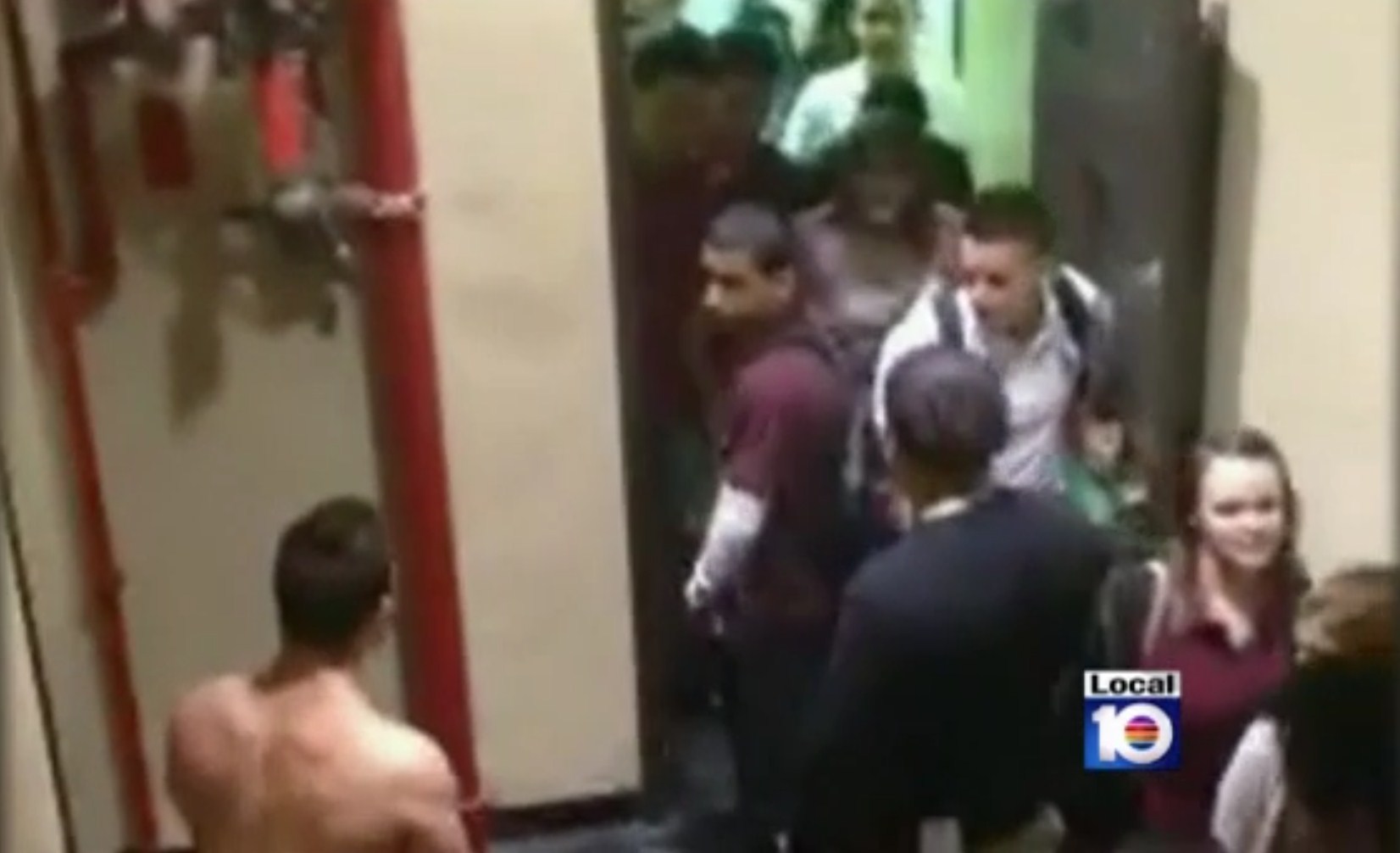
Supreme Court Overturns Mandatory Life W/Out Parole For Juveniles

WASHINGTON (CBSMiami) – Lost amidst the hubbub of the Supreme Court’s docket on Monday was a key ruling dealing with how severe of a punishment a juvenile offender could be given.
The high court ruled that laws which require juveniles convicted of murder to be sentenced to life in prison violates the Eighth Amendment’s ban on cruel and unusual punishment. The court left open the possibility of individual juveniles to be sentenced on a case-by-case basis to life without parole.
The ruling will see roughly 2,000 juvenile offenders serving life in prison possibly receiving new sentences, including at least one high profile case in South Florida.
Michael Hernandez who was convicted of the 2004 murder of 14 year old Jaime Gough in the bathroom at Southwood Middle School. Hernandez was also 14 at the time.
Jaime’s parents, Jorge and Maria Gough hope that judges will take into account the victims as well as the offenders when sentencing juvenile killers.
“I don’t know what it is to be on the other side as parents,” said Jorge Gough. “But I know for one thing, It hurts very much to know no one thinks about my son anymore and everyone is focusing on Michael.”
Hernandez could get a new sentencing hearing. The Goughs said hearing about the Supreme Court ruling brought back painful memories.
“We heard this news yesterday and it’s just like we got a flashback of the first day, and my goodness we’ve got to go through this again when is this going to be over?” said Jorge Gough.
He and his wife Maria say they have forgiven their son’s killer but they still want him to pay for his crime.
“We’ve definitely taken a step forward for protecting children,” said attorney Julie Ebenstein, of the American Civil Liberties Union of Florida. “I think it’s another recognition by the court that children are not just miniature adults; that they have special needs.”
The 5-4 decision divided along political ideology lines with Justice Anthony Kennedy providing the swing vote to the more liberal justices. The decision came on a combination of cases, Miller vs. Alabama and Jackson vs. Hobbs.
Ebenstein noted the United State is the only nation in the world that sentences children to life in prison for anything.
“Judges and juries need to be able to tailor sentences to a particular crime and a particular defendant,” Ebenstein said.
“Mandatory life without parole for a juvenile precludes consideration of his chronological age and its hallmark features—among them, immaturity, impetuosity, and failure to appreciate risks and consequences,” Justice Elena Kagan wrote for the majority.
“We therefore hold that the Eighth Amendment forbids a sentencing scheme that mandates life in prison without possibility of parole for juvenile offenders,” Justice Kagan wrote. “By making youth (and all that accompanies it) irrelevant to imposition of that harshest prison sentence, such a scheme poses too great a risk of disproportionate punishment.”
The decision didn’t address either of the cases. Instead, the high court struck down life without parole as a penalty for juveniles. It then sent both cases back to lower courts to address the sentence with the new guidelines.
The high court’s ruling places the burden of the sentence back upon sentencing judges when a juvenile is convicted of murder. The justices didn’t provide specific guidelines or factors to control the sentencing judge’s decision.
“Although we do not foreclose a sentencer’s ability to make that judgment in homicide cases, we require it to take into account how children are different, and how those differences counsel against irrevocably sentencing them to a lifetime in prison,” Justice Kagan wrote.
Criminal defense attorney Frank Gaviria said the Supreme Court’s ruling was “an important decision” But, he warned that life in prison is still on the table for juveniles who kill.
“In some of these cases, ultimately, the judges, when they get an opportunity to resentence, will continue to impose life,” Gaviria said. “But I would imagine in some other cases the judge will use some discretion and impose penalties less than life.”
Latest Posts




